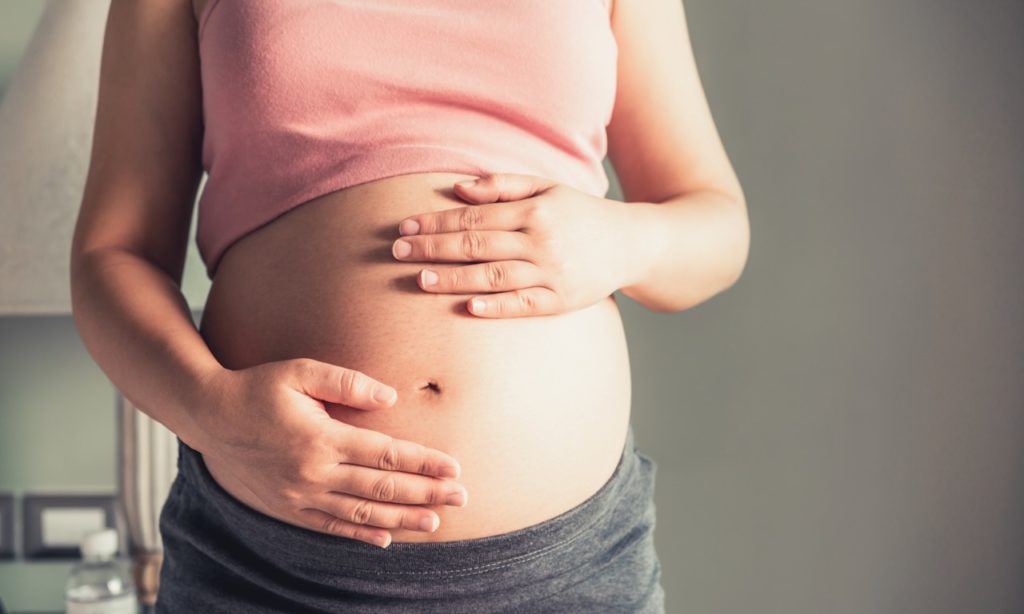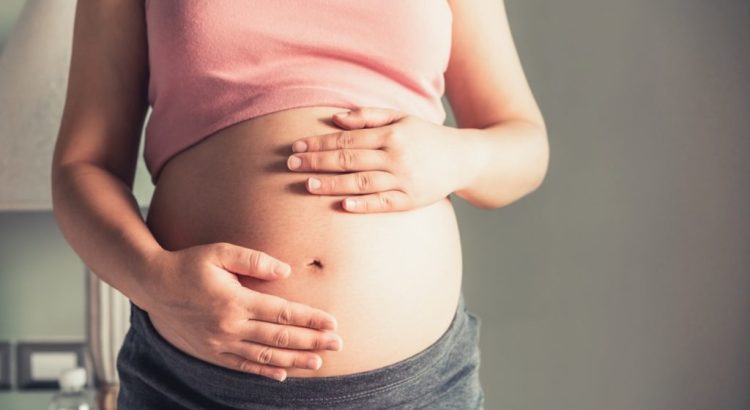
Reply from RCOG to Open Letter
A group of concerned health professionals wrote the to President of the RCOG on 31st October. Printed below is her reply. See also the subsequent response.
29th November 2022
I would like to thank you for your letter expressing concern about COVID-19 vaccination in pregnancy and the College’s support for the Government’s vaccination programme for pregnant women.
We acknowledge that the evidence supporting the benefit and safety of COVID-19 vaccination specifically in pregnancy is not supported by the highest level of evidence, namely randomised controlled trials. However, the evidence that does exist, including systematic review and meta-analysis, suggests that these vaccines are as effective at protecting pregnant women against COVID-19 as they are in the non-pregnant population. We believe that the evidence also strongly suggests that these vaccines are not associated with an increase in any adverse pregnancy outcomes, but with a reduction in the incidence of stillbirth.
It is true that the current evidence cannot completely rule out the possibility that COVID-19 vaccination in pregnancy may be associated with the later development of some as yet unpredicted or unidentified adverse outcome for the woman or her child.
However, it is clear that pregnant women are at increased risk of serious adverse outcomes of COVID-19, including twice the risk of ITU admission, need for ventilation, and need for ECMO, and death, compared with their non-pregnant counterparts. And, from the baby’s point of view, COVID-19 during pregnancy is associated with an increase in the risk of preterm birth (mainly iatrogenic) and five times the chance of admission to the neonatal unit.
It is also true that we cannot rule out the possibility that COVID-19 (infection) during pregnancy may be associated with the later development of some as yet unpredicted or unidentified adverse outcome for the woman or her child. Indeed, there is some early evidence that infection during pregnancy is associated with increased odds of adverse neurodevelopmental outcomes in the infant up to 12 months of age. And some evidence that maternal vaccination in pregnancy reduces the risk of COVID-19 in the newborn up to 4 months of age.
At any point in the evolution of any new therapy, the risks and benefits must be weighed, taking into account the individual circumstances of each person. We believe that, based on the current evidence, the clear benefits of protecting pregnant women and their babies against the adverse effects of COVID-19 in pregnancy outweigh the theoretical risk of an unexpected adverse long-term outcome. We believe that, in the absence of evidence of harm, or strong evidence of theoretical harm, denying pregnant women vaccination and leaving them vulnerable to the known adverse maternal and fetal morbidity and mortality associated with COVID-19 in pregnancy, would be unjustified.
As with all our guidance, we will continue to monitor emerging evidence and continually update our guidance accordingly; you will be aware that our COVID-19 in pregnancy guideline is already on Version 15.
As an aside, we have expressed our regret to Government and others that pregnant women were not included in the original trials of COVID-19 vaccines and, learning from this experience, are campaigning strongly for pregnant women not to be automatically excluded from trials of therapeutic agents in future.
Best wishes
Ranee Thakar, MD, FRCOG
Senior Vice President, Vice President for Global Health
Royal College of Obstetricians & Gynaecologists

